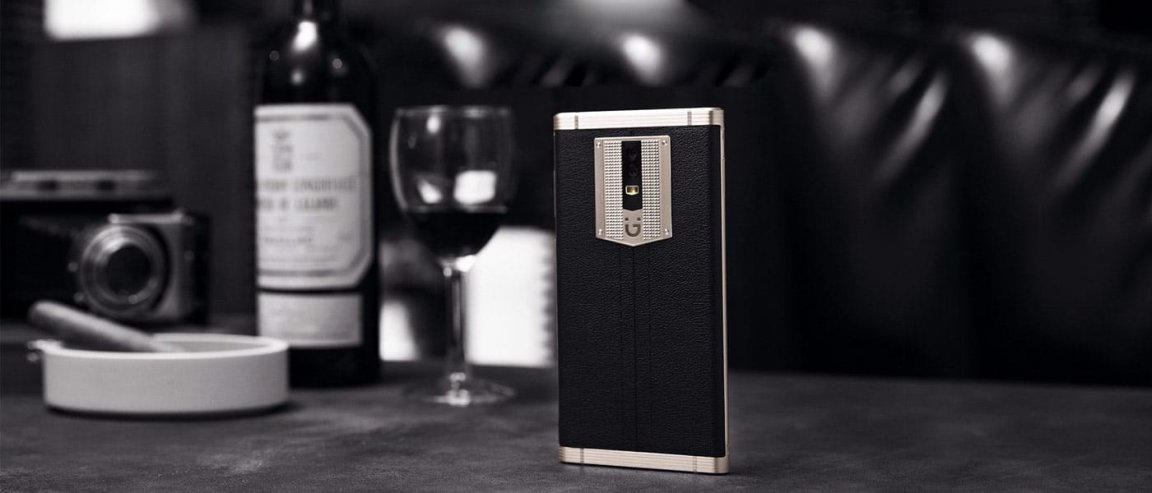
Powered Up
Chinese smartphone manufacturer Gionee just released details on its latest luxury phone, and it packs quite a punch. While many developers focus on faster processing speeds or higher resolution cameras and displays for their high-end smartphones, Gionee has decided to make its biggest improvement in the area of battery power.
The company’s M2017 model is giving tablets a run for their money in terms of battery power. The phone sports a massive 7,000mAh battery capacity, more than doubling the industry standard of about 3,000mAh. Gionee claims that their newest release allows for 32 hours of talk time or 26 hours of continuous video play. With moderate use, the battery could easily last a few days on a single charge.
The phone actually has two batteries, each capable of storing up to 3,500mAh of power. To go along with its ridiculously long battery life, the M2017 has a Snapdragon 653 processor, 6 GB of RAM, 128 GB of storage, an 8 MP front-facing camera, two incredible rear cameras — one 13 MP and another 12 MP — able to take high-resolution photographs with 2X optical zoom, and a fingerprint reader.
Along with its mammoth battery capacity and above-average specs comes a price tag of $1,007 for the 128GB version of the M2017 and $2,446 for the 256GB variant.

The Future of Battery Life
One of the biggest drawbacks of smartphones is their limited power capacity, but several companies are in pursuit of the next breakthrough in innovation that will prolong battery life or decrease the time needed to charge.
Earlier this year, SolidEnergy developed new lithium metal batteries that could provide twice as much power as the current standard, scientists at Pohang University unveiled a fuel cell that promises to limit phone charging to only once a week, and StoreDot announced its charger that could fill up a phone in 30 seconds. Many more innovations are still in the works.
These new technologies promise to drastically improve battery performance, which is sure to boost the overall smartphone experience. For now, however, the M2017’s battery will be the one to beat.